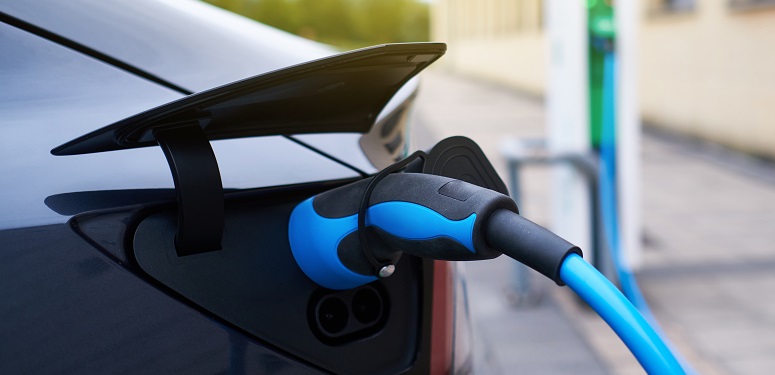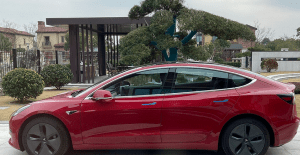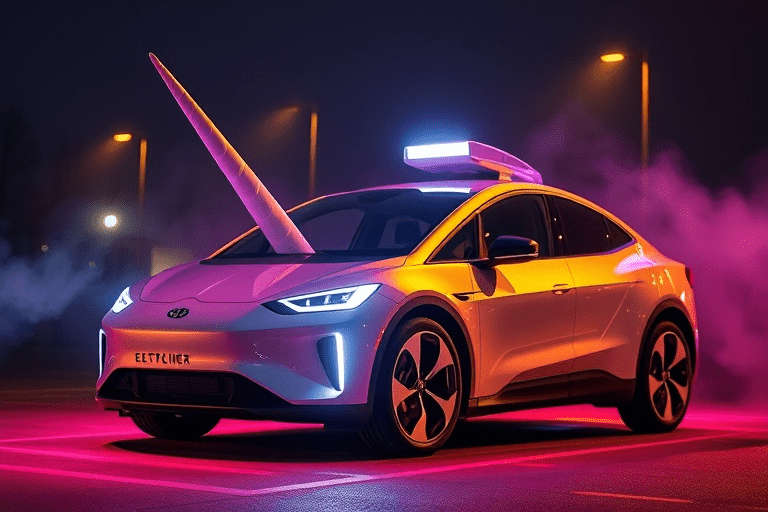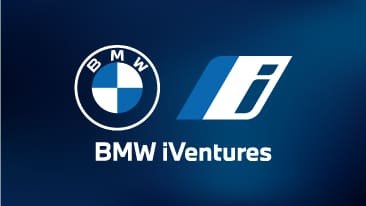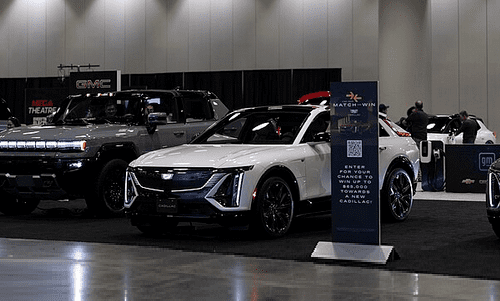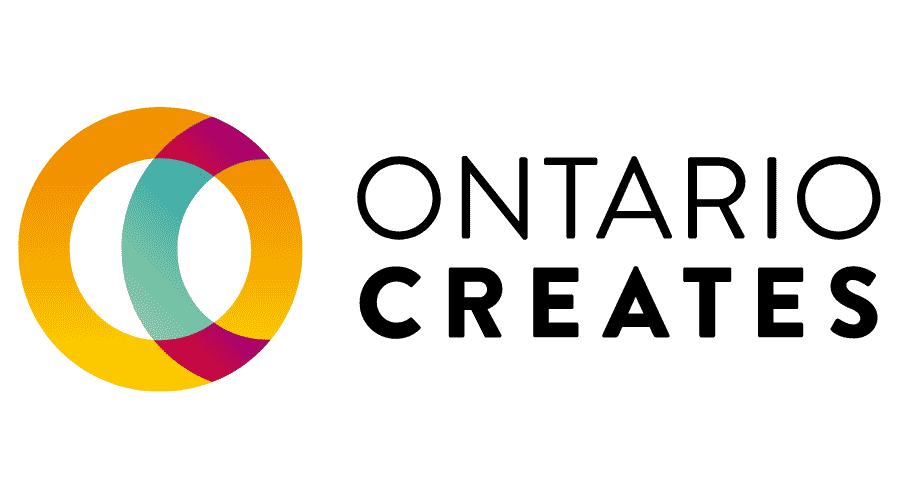Toronto, Ontario — National Resources Canada announces funding for 28 EV education projects, an Emirates-based company provides mobile charging service to Québec residents and Lion Electric partners with P.E.I. to help power the emergency electrical grid. This is the latest in electric and autonomous vehicles.
EV outreach
Natural Resources Canada (NRCan) announced last Wednesday that it is investing nearly $5.9 million in 28 organizations to undertake zero-emission vehicle awareness and education projects.
Among the organizations selected to receive this funding are a number of consumer-facing EV advocacy groups, in addition to educational institutions and municipalities who are expected to contribute to worker education and improved EV infrastructure.
Additionally, the federal government has also launched the online “ZEV resource hub”, which aims to serve as a reader-friendly reference for Canadians looking to educate themselves on federal EV policy, as well as provide information on incentives.
“The Government of Canada is supporting Canadians to accelerate to a net-zero future, including by supporting the purchase, manufacturing and charging of electric vehicles…At the same time, the Government of Canada’s new ZEV Hub will act as a one-stop shop for information on our investments and programs across departments,” said Parliamentary Secretary to the Minister of Natural Resources and to the Minister of Environment and Climate Change, Julie Dabrusin.
Convenient charging
A UAE-based mobile charging startup has made its way to the Canadian market following a successful product showcase at 2023 EV & Charging Expo in Toronto last week.
CAFU launched its CAFU En Charge service in Québec in March, offering drivers access to a Ford E-Transit van outfitted with a charging station, though the company is currently working to develop new iterations of the service.
“We’re now taking the design and replicating it on bigger units and smaller units, because it’s a fully-modular architecture that we have (in the vans),” said Jean-Francois Lapierre, global senior v-p and head of CAFU.
“We want to tackle every type of business case. You have clients that are in various areas of the city where the streets are narrow. We need to be able to go safely into these operating areas. The vehicles will be tailor-made to the clients. The B2B fleet clients are also a big pain-point that we’re solving here.”
The company says it plans to expand the service to other provinces, as well as the U.S., at some point in 2024.
Bus backup
The government of P.E.I. recently announced a collaborative pilot program with Lion Electric that will see the province’s 82 LionC electric school buses tapped for electricity in the event of a power outage.
The plan is to use vehicle-to-grid (V2G) technology housed in Lion Electric buses to power P.E.I.’s emergency community disaster relief centres, should the need arise.
“Electrification of transportation is more than transporting goods and people. In this case, LionC school buses will be used as energy storage for the benefit of the population. It feels good knowing Lion vehicles could play an important role in the community,” said Lion Electric’s Canadian v-p of bus sales, Benoit Morin, in a press release.
Tests of the V2G are currently being carried out at the North Rustico Lions Club, according to the release.
The post EV/AV Report: Incentive info and charging on the go appeared first on Collision Repair Magazine.




